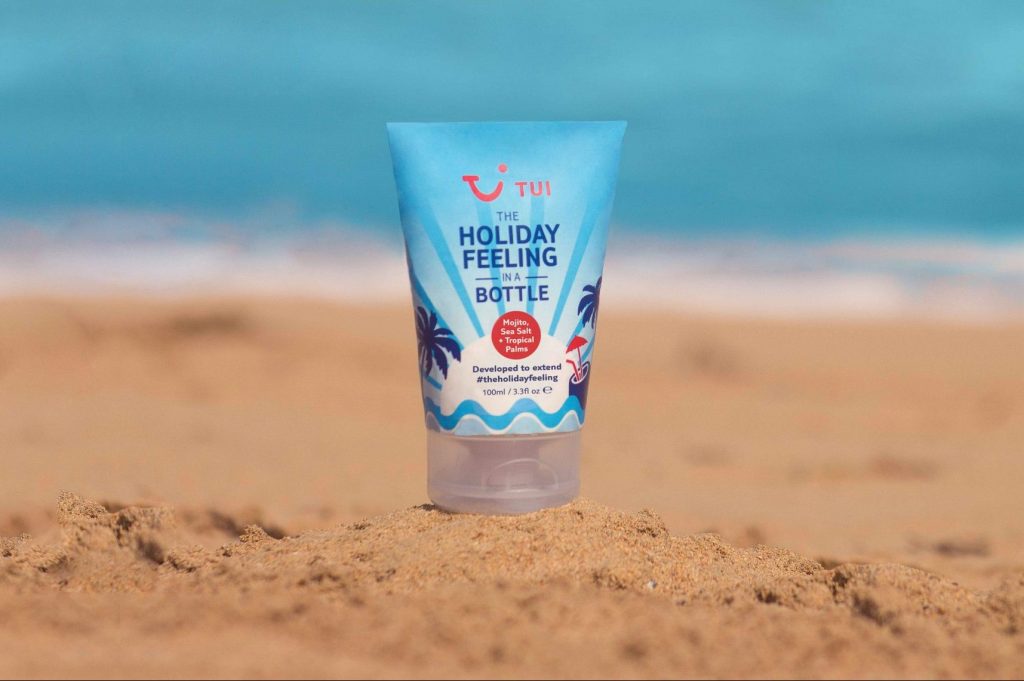TUI Looks Set for a Challenging 2020 Even Without Competitor Thomas Cook

Skift Take
TUI continues to have ambitious plans, and its quest to move away from the traditional tour operating market seems sensible given the problems endured by one of its biggest competitors. But good intentions often get derailed by outside circumstances. Can it stay the course in 2020?
Losing one of your biggest competitors is usually a good thing for a business, but in TUI Group’s case things are more complicated than they seem.
On paper Thomas Cook’s bankruptcy earlier this year left a gap in many European markets — one that TUI and others were hoping to fill — the only problem being that several parts of the business survived its collapse.
In the Nordic region, Thomas Cook's collection of tour operators and airline survived thanks to a hotel magnate and private equity money. While in Germany, Condor is flying with the help of a government-backed loan.
Fritz Joussen, the CEO of TUI, said on a media call on Wednesday that "consolidation has not happened" in all markets with Condor receiving
